ABC Programme Evaluation
This page includes research on the ABC programme carried out by our independent evaluators.
Traverse evaluation includes analysis of questionnaire responses by Camden residents when they joined ABC groups and activities and again six months later. The survey used to collect data is called the Common Measurement Framework (CMF). This was collected as part of the evaluation of the national Ageing Better programme. Analysis provides information on the characteristics – including loneliness and wellbeing levels – of those who joined ABC groups and activities. It also provides indications of the impact of the programme. Traverse’s qualitative reports examine how ABC had an impact on older people who joined the programme.
Adwoa Manful carried out a qualitative evaluation of the ABC-funded partnership of Black-led micro-organisations.
Traverse Quantitative Reports
Traverse Qualitative Reports
profile of abc participants
This summary of data provides a profile of older people at the point they joined the ABC programme, including their demographic characteristics, and their baseline levels of loneliness, social contact, health and wellbeing. Click here to read the full report.
CMF ANALYSIS OF DATA – 2021 UPDATE
This final analysis indicates that the Ageing Better in Camden programme has reduced levels of loneliness among participants, in part through activities and projects funded by ABC and, in part, indirectly through encouraging participants to undertake an increased level of social engagement more generally. Click here to read the full report.
You can also read The National Lottery Community Fund Ageing Better: Impact Evaluation Report.
CMF analysis of data up to September 2019 - the impact of contributing
This analysis indicated that the more ways someone helped, such as by organising or helping to run activities, befriending others, or raising money, the greater the reduction in their loneliness. Traverse noted that this finding supported ABC’s focus on encouraging project staff to support older people to contribute to the running of groups and activities. This was explored further in the qualitative evaluation ‘Review of participants contributions in later life’ - see below. Click here to read the full report.
CMF analysis of data July 2015 - October 2018 - ABC ENGAGED loneliER and MORE ISOLATED OLDER PEOPLE
This analysis showed that, at the point they joined, older people who participated in ABC groups and activities had higher loneliness levels and less social contact than the similar age cohort in Camden. And a much higher proportion of ABC participants lived alone.
Click here to read the full report.
SOCIAL CONNECtedness and belonging
Traverse found that a sense of belonging, or connectedness, was a key part of members’ experience of ABC groups and activities and was fostered by the Warm Welcome approach. ABC projects provided three ‘pillars of belonging’: social connection with people, a sense of belonging to a welcoming place, and involvement in shared activities. Click here to read the full report.
Participant contributions in the ABC programme
Older people contributed to ABC groups and activities in a range of more and less formal ways. Their motivations for contributing included a desire to help others, to meet new people and to make new friends. Staff could help members to contribute by encouragement to build confidence and by providing varied opportunities for members to contribute. Personal satisfaction gained from making contributions further encouraged this kind of participation. Click here to read the full report.
Evaluation of the BAME-led partnership
Adwoa Manful’s evaluation examined factors influencing the development of a partnership of Black-led micro-organisations which ABC funded to work with older people from smaller minority communities in Camden. The research highlights the systemic barriers faced by such organisations in obtaining funding needed to develop their capacity for this work. At the same time, the report shows that they were uniquely placed to address social isolation and loneliness among older people from their communities and acted as a lifeline during the Covid-19 pandemic. Click here to read full report.
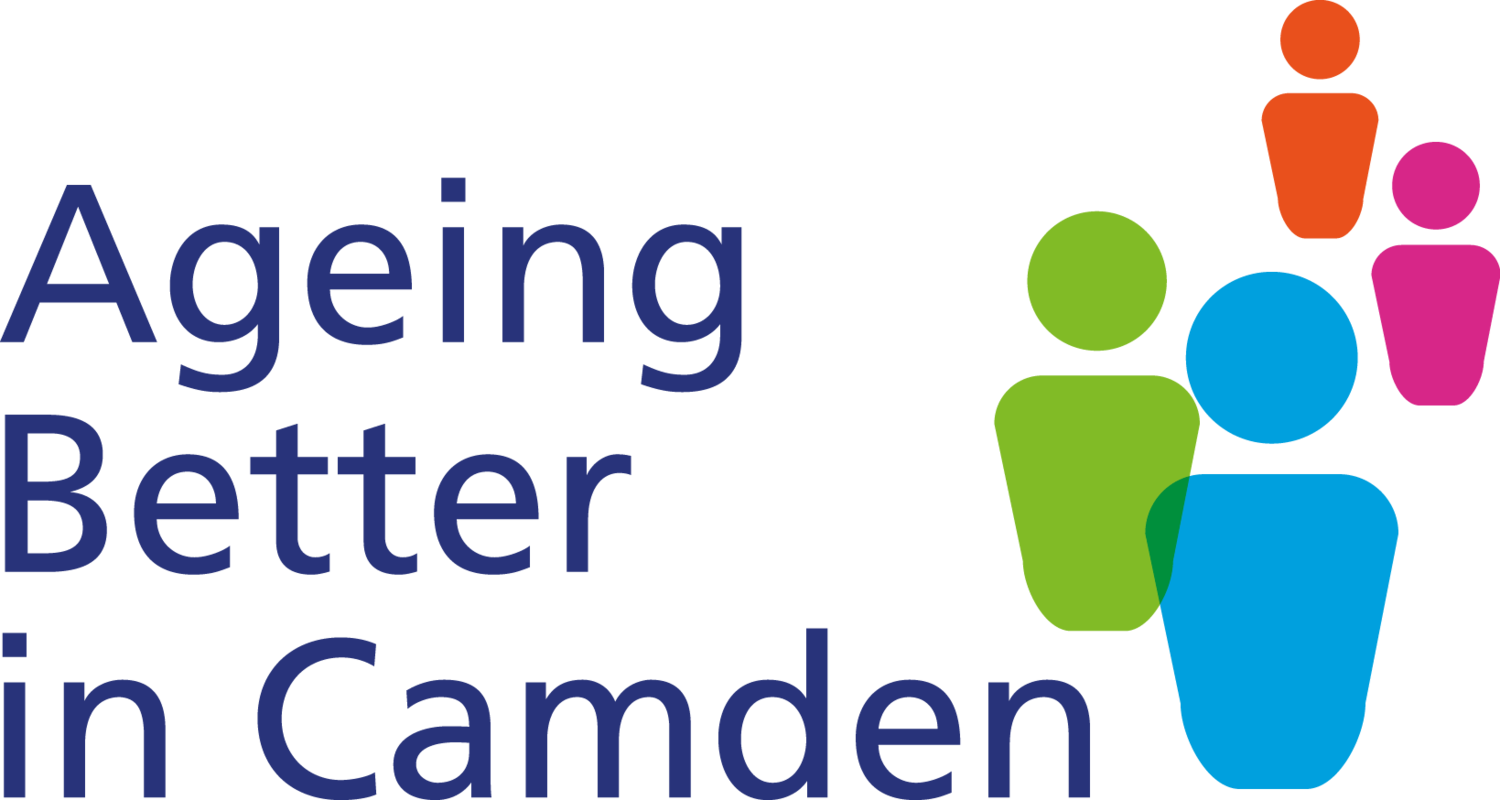

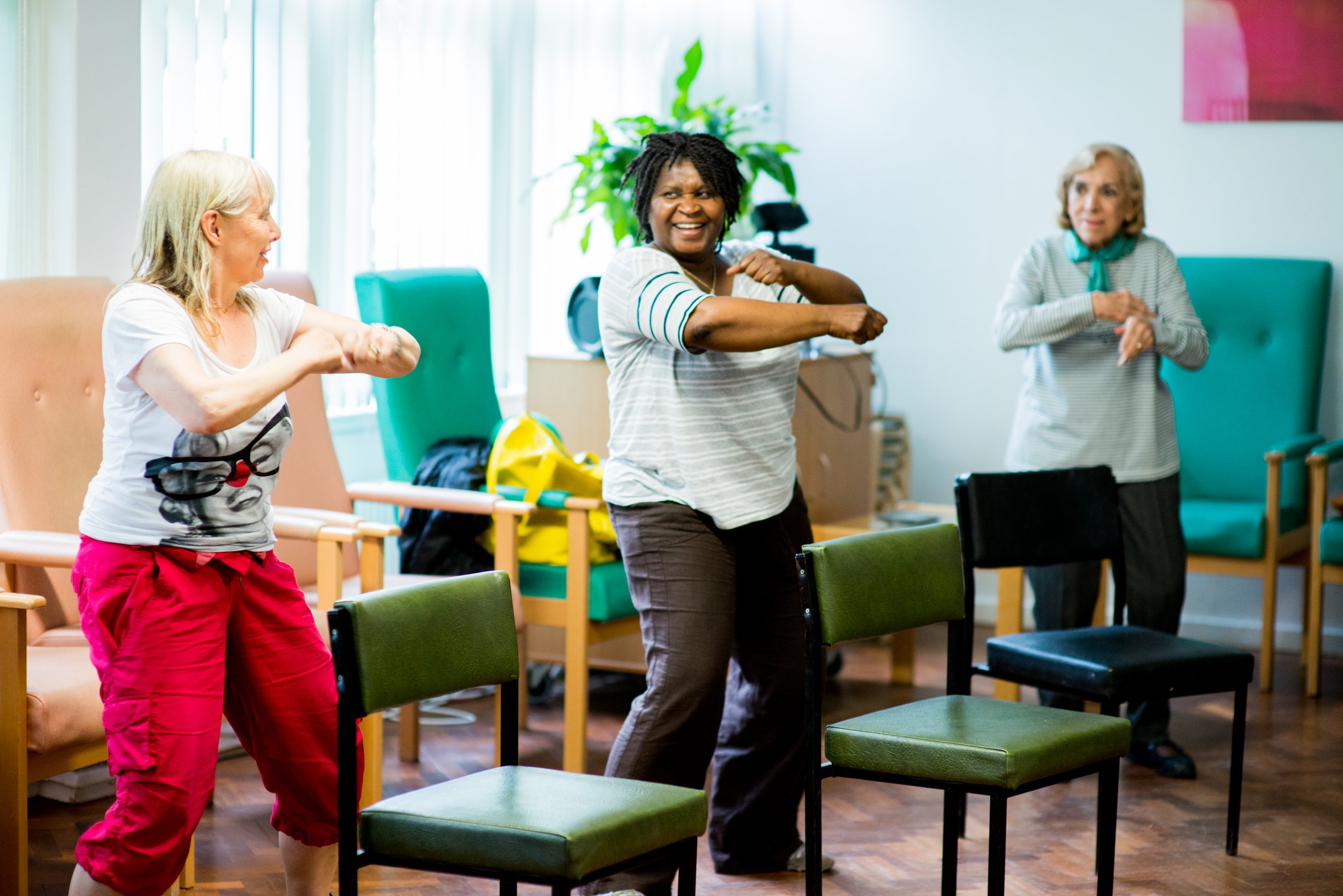
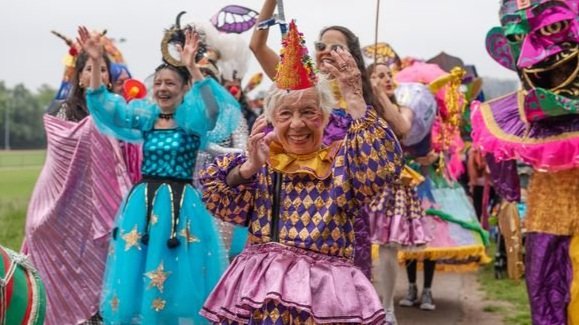
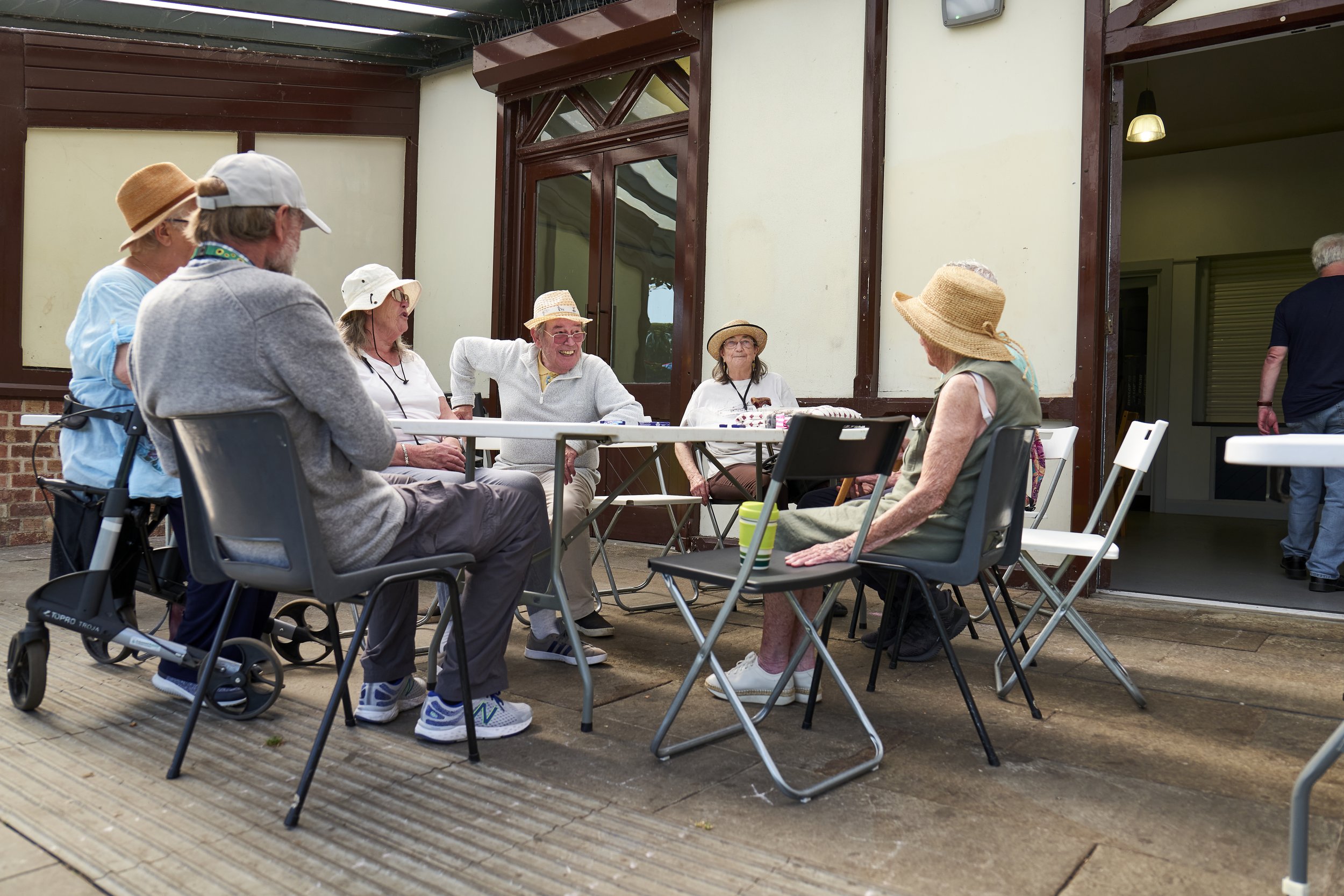
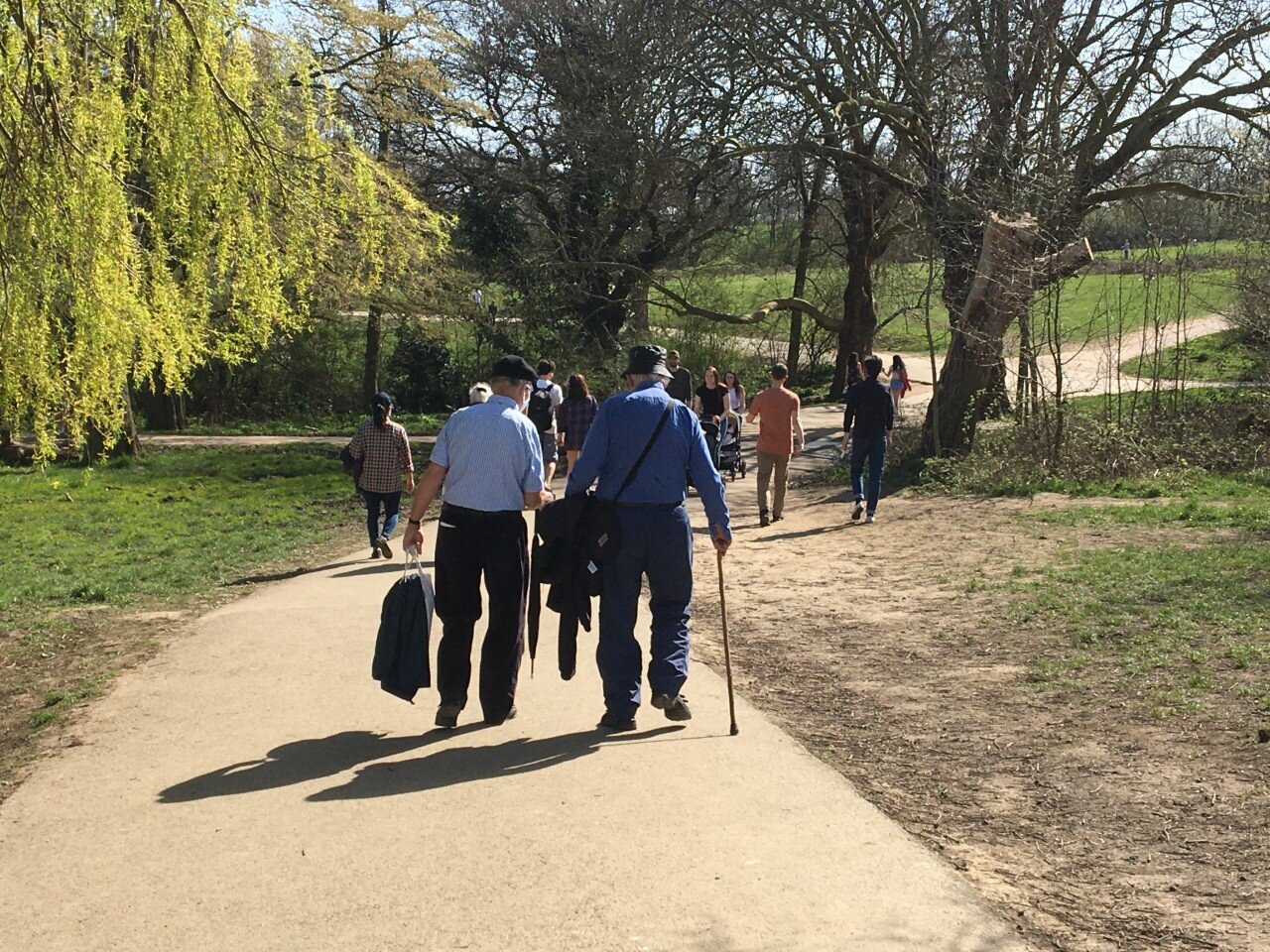
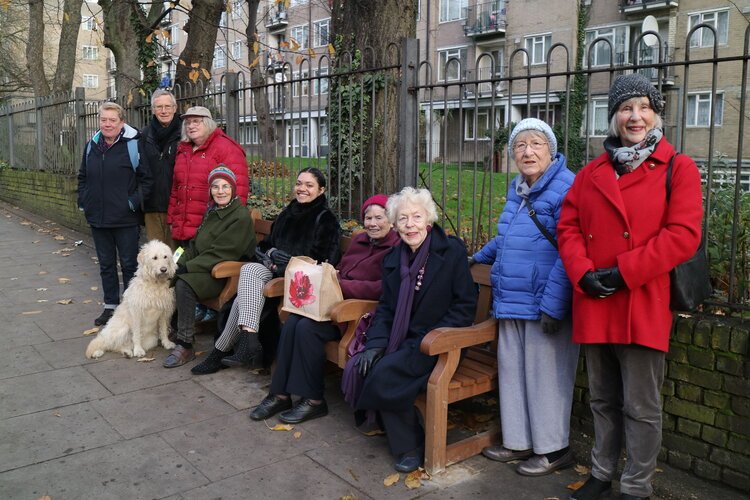
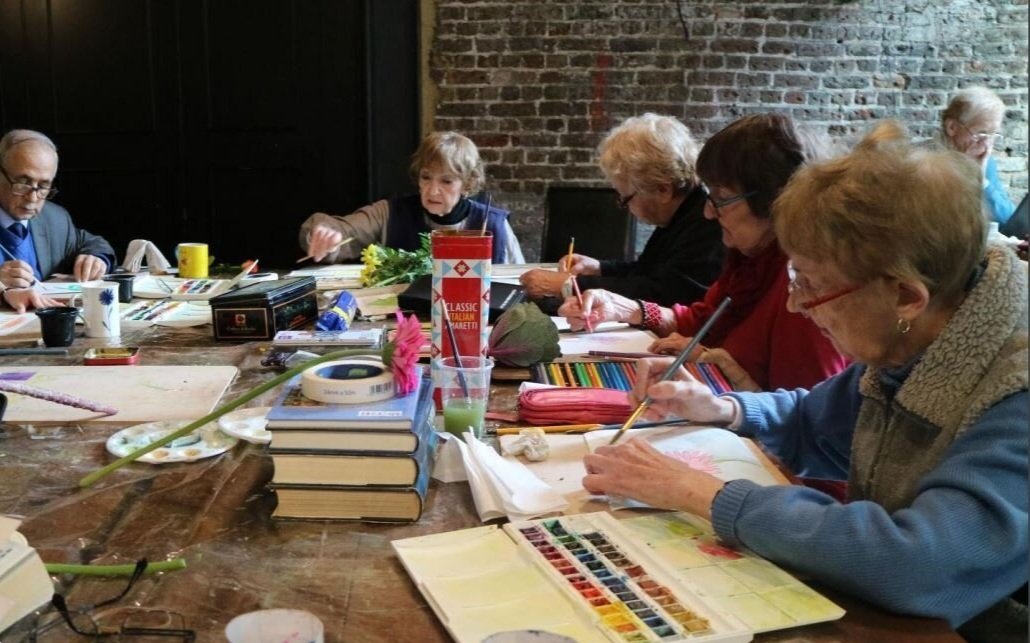
-(1)-(1)-(1).jpg)